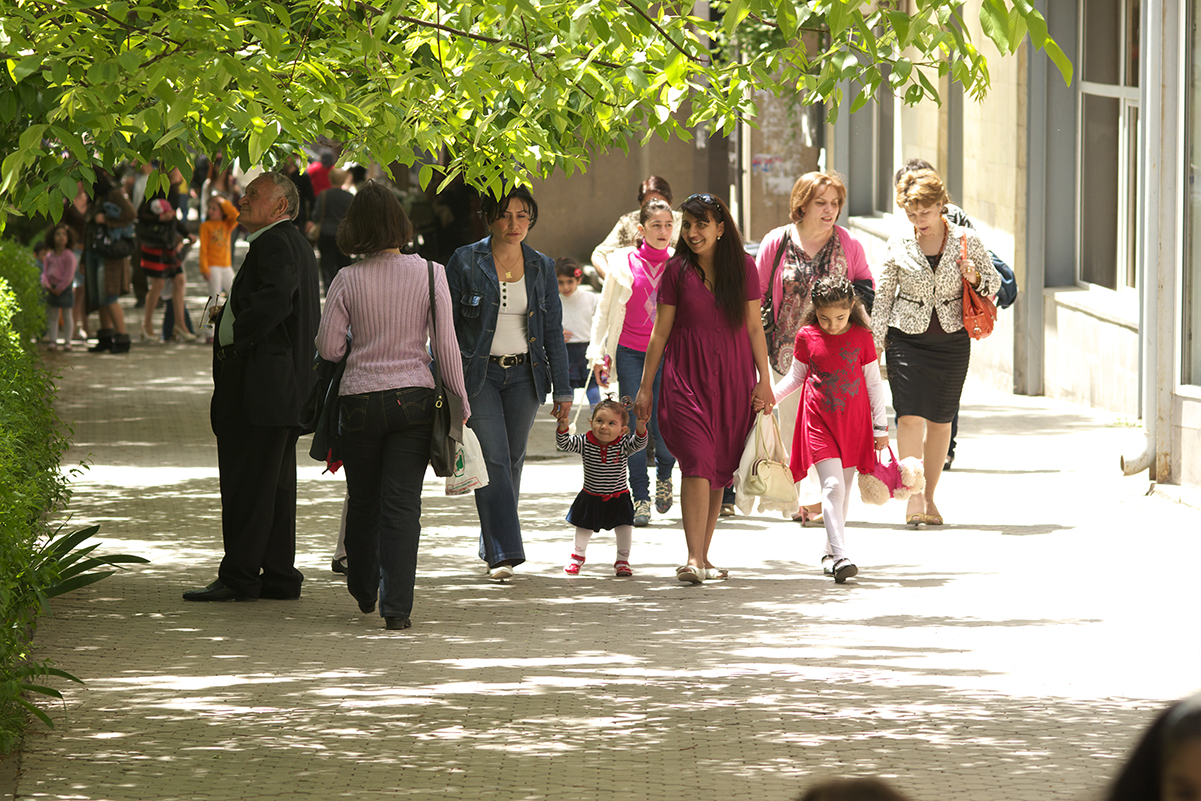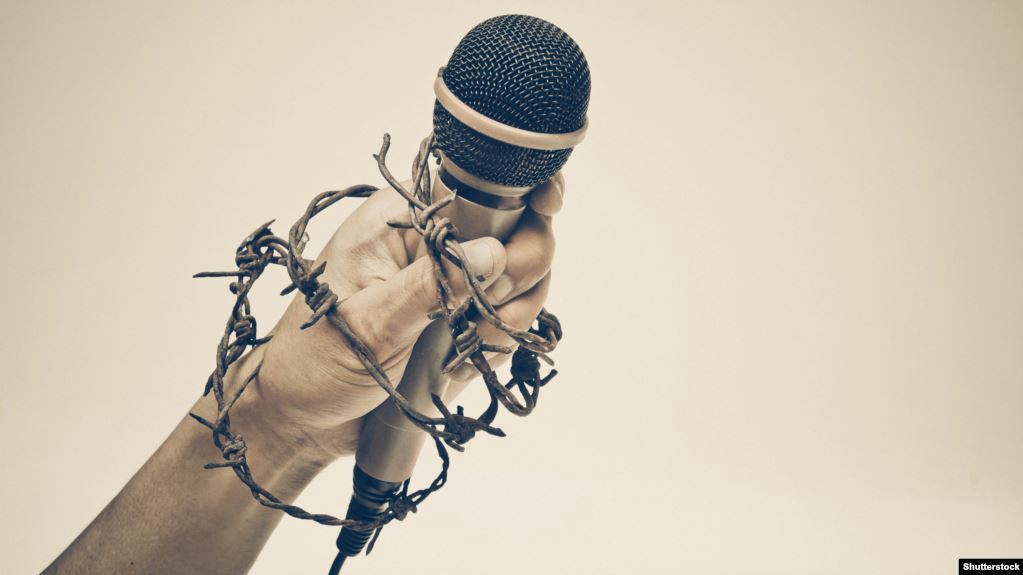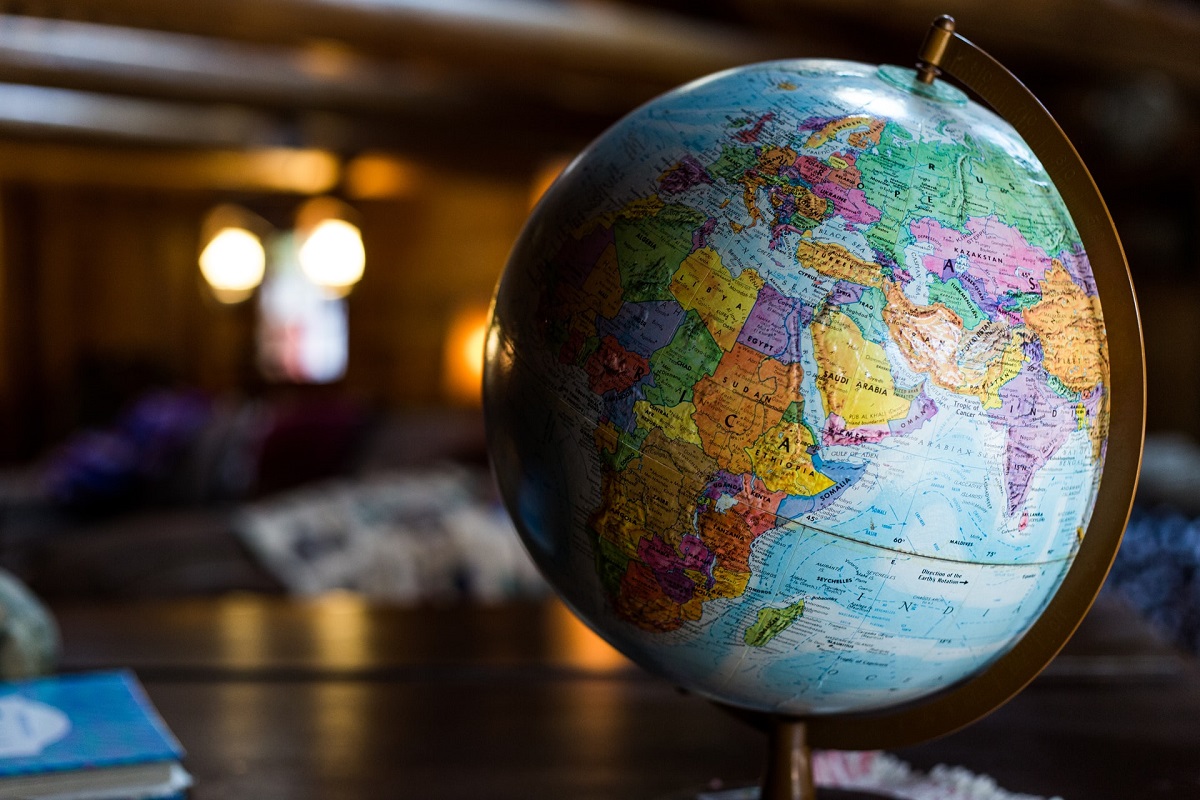“An attempt to silence us” - Why three diaspora Armenians were not allowed into Armenia
Why three Dashnaks were not allowed into Armenia
Three diaspora Armenians, members of the ARF (Armenian Revolutionary Federation) Dashnaktsutyun political party, have been denied entry to Armenia. Two were not allowed to their homeland on August 1.
The National Security Service has banned Masis Abrahamyan, Chairman of the Hay Dat (Armenian Question) Committee of the ARF Dashnaktsutyun Party in the Netherlands, and his daughter, from entering Armenia. In July, border guards also prevented ARF Bureau member Murad Papazyan, who had come from France, from entering Armenia.
The government explained that Papazyan was not allowed to enter for having organized an attack on a government motorcade led by the Armenian Prime Minister in Paris. So far no information has been received from the prime minister’s office regarding the Abrahamyans. Journalists interested in the matter were advised to contact the National Security Service.
According to political scientist Suren Surenyants, both the government and the ARF party have recently “demonstrated equally unacceptable behavior.”
Opposition protest over denial of entry to three Armenians representing the Armenian Revolutionary Federation Dashnaktsutyun party, clarifications from the government, and comments from a political scientist about what is happening and what it all means.
“Prime Minister’s Order”
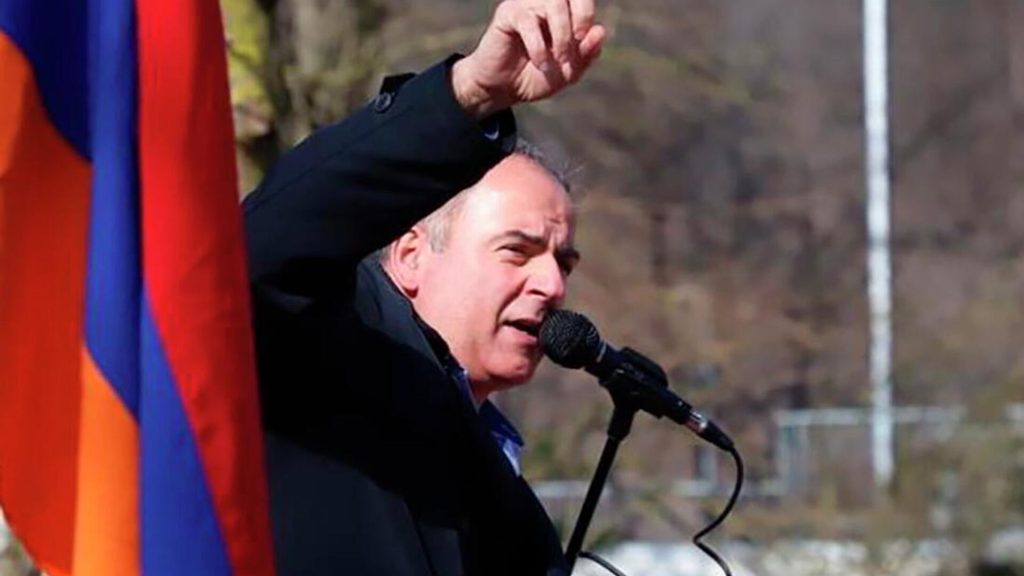
The border guards did not explain why Masis Abrahamyan and his daughter Syune, who arrived from the Netherlands, could not enter Armenia. The Abrahamyans believe they were not allowed to enter for political reasons and on the direct order of Prime Minister Nikol Pashinyan.
“This is a manifestation of revenge on the part of Nikol Pashinyan for actions we have organized in opposition to his government. I’m sure he didn’t appreciate our civil actions,” Masis Abrahamyan said.
In his opinion, he and his daughter did nothing illegal, but merely exercised their rights by organizing a protest.
In May 2022, during an official visit by the Prime Minister of Armenia to the Netherlands, representatives of the Dashnaktsutyun party organized a protest, during which participants shouted insults at Pashinyan.
The National Security Service has also not yet reported why the father and daughter were barred from entering Armenia.
The wife of Masis Abrahamyan also flew to Yerevan; she was allowed into the country. All members of the family are Dutch citizens.
According to the Law on Aliens, entry into Armenia is not allowed if the foreigner carries out activities, or is a member an organization conducting activities, the purpose of which is
- to harm the state security of Armenia,
- to overthrow the constitutional order
- to carry out a terrorist act
The ARF Dashnaktsutyun party intends to file lawsuits against the Armenian government on behalf of the Abrahamyans and Murad Papazyan.
The attack on Pashinyan’s motorcade and the “persona non grata”
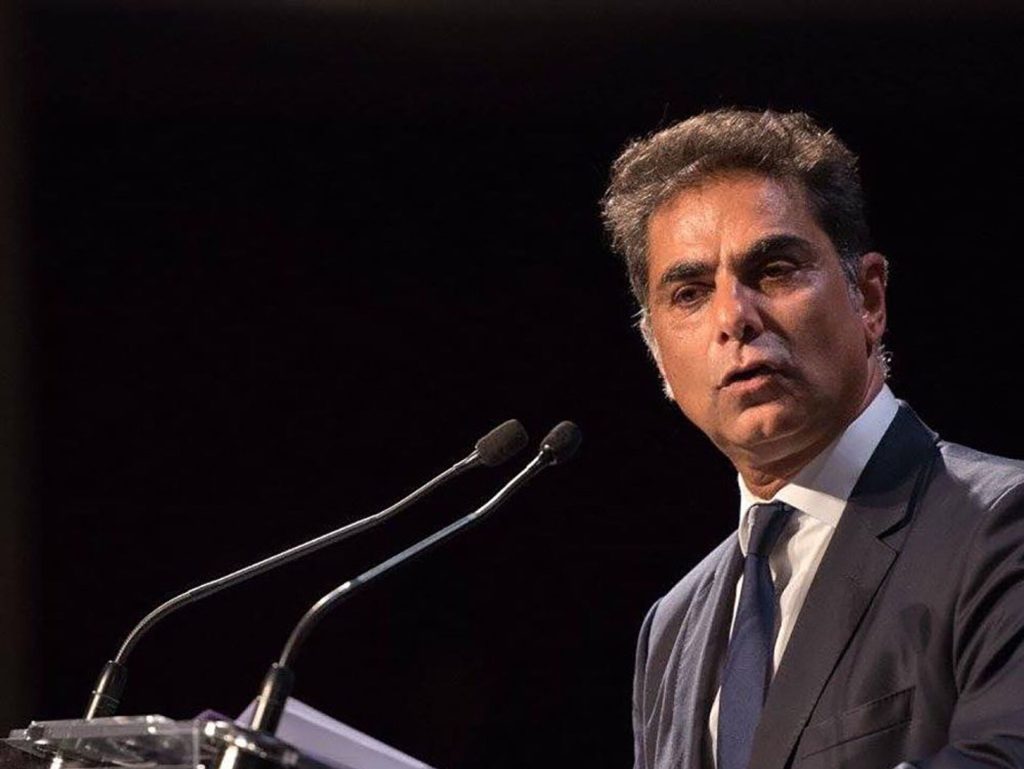
In July, border guards prevented French-Armenian Murad Papazyan from exiting the airport in Yerevan, saying he was “persona non grata” in Armenia.
The government explained that entry was denied because Papazyan had organized an attack on a motorcade led by the prime minister in Paris.
In the summer of 2021, a protest against the Prime Minister of Armenia was organized in Paris. Its participants threw various objects into the cars of Nikol Pashinyan’s motorcade. During the incident, the mirror of the car in which Armenian journalists were traveling was broken.
Murad Papazyan categorically denied having organized the action or having participated in it. He had, moreover, visited Armenia four times after the incident. He reminded journalists of this and said that he considers the ban on entry a political decision.
The list of unwanted persons is compiled by the National Security Service. According to the law, to place anyone on the list, information may be submitted to the National Security Service from the office of the President of Armenia, the police, the Ministry of Foreign Affairs and the Migration Service.
“Government’s goal is to silence”
According to Artsvik Minasyan, secretary of the Hayastan (Armenia) parliamentary opposition party, and member of the Supreme Body of the ARF, such actions were not observed even during the Bolshevik period. He believes the government’s goal is to silence its opponents:
“To discredit the diaspora, to inspire it with fear that if you criticize or take any action against the current government, then know that this will be your fate.”
The Dashnaktsutyun believes that “the Armenian authorities continue the pernicious policy of deepening the internal split and weakening national resistance.” The party council issued a statement condemning the government’s “policy of political repression, national division and deprivation of homeland.”
According to ARF members, this is another manifestation of “serving someone else’s agenda and interests.”
“Such policies are doomed to failure, and the ARF will not deviate from its principles and political convictions. We will do our best to create a government that will serve Armenian statehood and national interests,” the statement says.
Comment
According to political scientist Suren Surenyants, both the approach of the government and the ARF party are equally unacceptable. He says that the actions of the government were preceded by “not so civil actions” by the Dashnaks abroad.
“The government is acting on the principle of “an eye for an eye”, that is, you insult us abroad, and we forbid you from entering Armenia,” the political scientist said, commenting on the situation at the request of JAMnews.
He says the government can be criticized both in Armenia and abroad, but violence and insults are unacceptable, both of which characterized Dashnaktsutyun activities abroad:
“For example, in France, no matter how much they deny it, there was an element of hooliganism. In the Netherlands they shouted insults, obscene expressions.”
Suren Surenyants holds that diaspora Armenians should learn to respect the results of Armenian elections, regardless of their political preferences.
The political scientist believes that denial of entry to three ARF members will cause tension with the diaspora, and this should be avoided. He notes, however, that the current situation is the result of mutual antagonism.
“It is not necessary to blame only the authorities for erecting barricades. The ARF is also erecting barricades. The government could show greater social responsibility and not build them. But we have what we have.”
In Surenyants’ view, if the government decided to protect the reputation of Armenia in this way, this should not apply to only one party.
“If the ARFD diaspora activists who carry out uncivilized actions are deprived of the right to visit Armenia, then some other circles should also meet the same punishment. For example, Russian and Russian-Armenian figures who not only discredit the Armenian government but also cast doubt on the sovereignty of the country,” the political scientist concluded.
Why three Dashnaks were not allowed into Armenia










